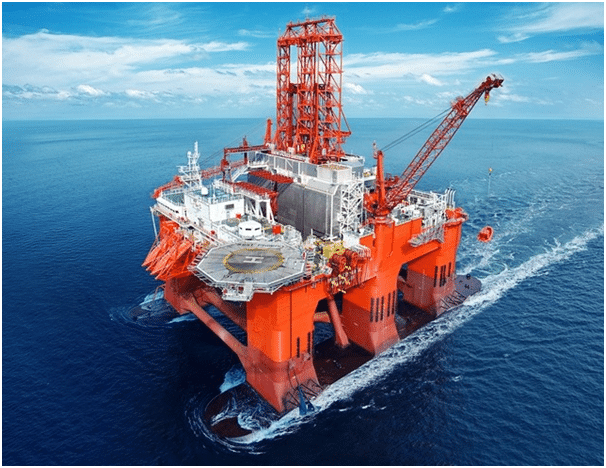HD Hyundai Heavy Industries Takes Bold Step in Localizing Eco-Friendly Dual-Fuel Ship Engines

HD Hyundai Heavy Industries is launching a “localization project” to develop dual-fuel engines that use both oil and liquefied natural gas (LNG). This project aims to increase the value of eco-friendly ship engines and reduce dependence on foreign suppliers.
On July 26, the shipbuilding industry reported that HD Hyundai Heavy Industries aims to develop dual-fuel engines, including those powered by ammonia. The recent acquisition of STX Heavy Industries by HD Korea Shipbuilding & Offshore Engineering is seen as a strategic move to enhance engine development capabilities.
STX Heavy Industries is known for its advanced dual-fuel, LNG, and LPG engine technology. This acquisition will support HD Hyundai Heavy Industries’ efforts to localize these components. The company has already localized four electric engines for ships.
Shipbuilders are striving for “engine independence” to maximize profits in eco-friendly ship construction. Currently, the market for LNG-oil dual-fuel engines is dominated by MAN (Volkswagen Group) and WinGD (Switzerland). These engines take about 10% longer to manufacture and are 20% more expensive than conventional oil engines, which require 12-14 months to build.
Besides engines, localizing cargo hold technology for eco-friendly ships is crucial. Traditional oil cargo holds were simple, but eco-friendly ship cargo holds need advanced technology to compress LNG or convert hydrogen into ammonia. This market is mainly controlled by France’s GTT. HD Hyundai Heavy Industries is working to localize these technologies and has succeeded with cargo holds for LNG bunkering ships.
Global efforts to reduce carbon emissions and promote eco-friendly technologies are increasing the demand for cleaner ship engines. International regulations, such as the IMO‘s 2020 sulfur cap and future greenhouse gas reduction targets, are accelerating this trend.
